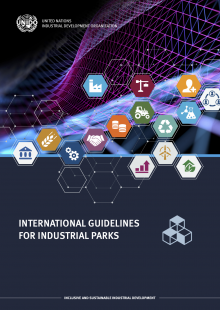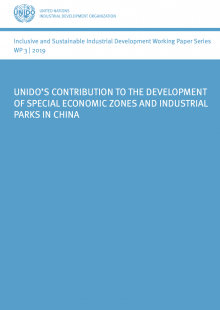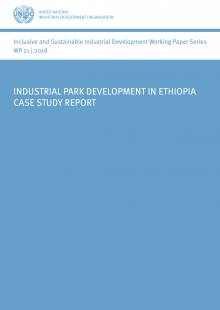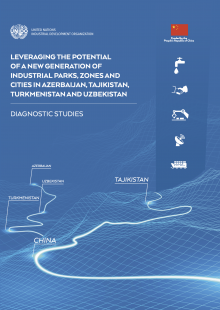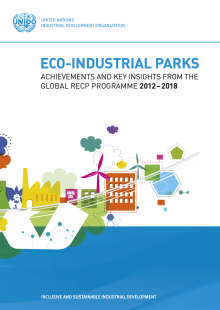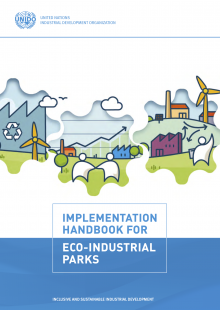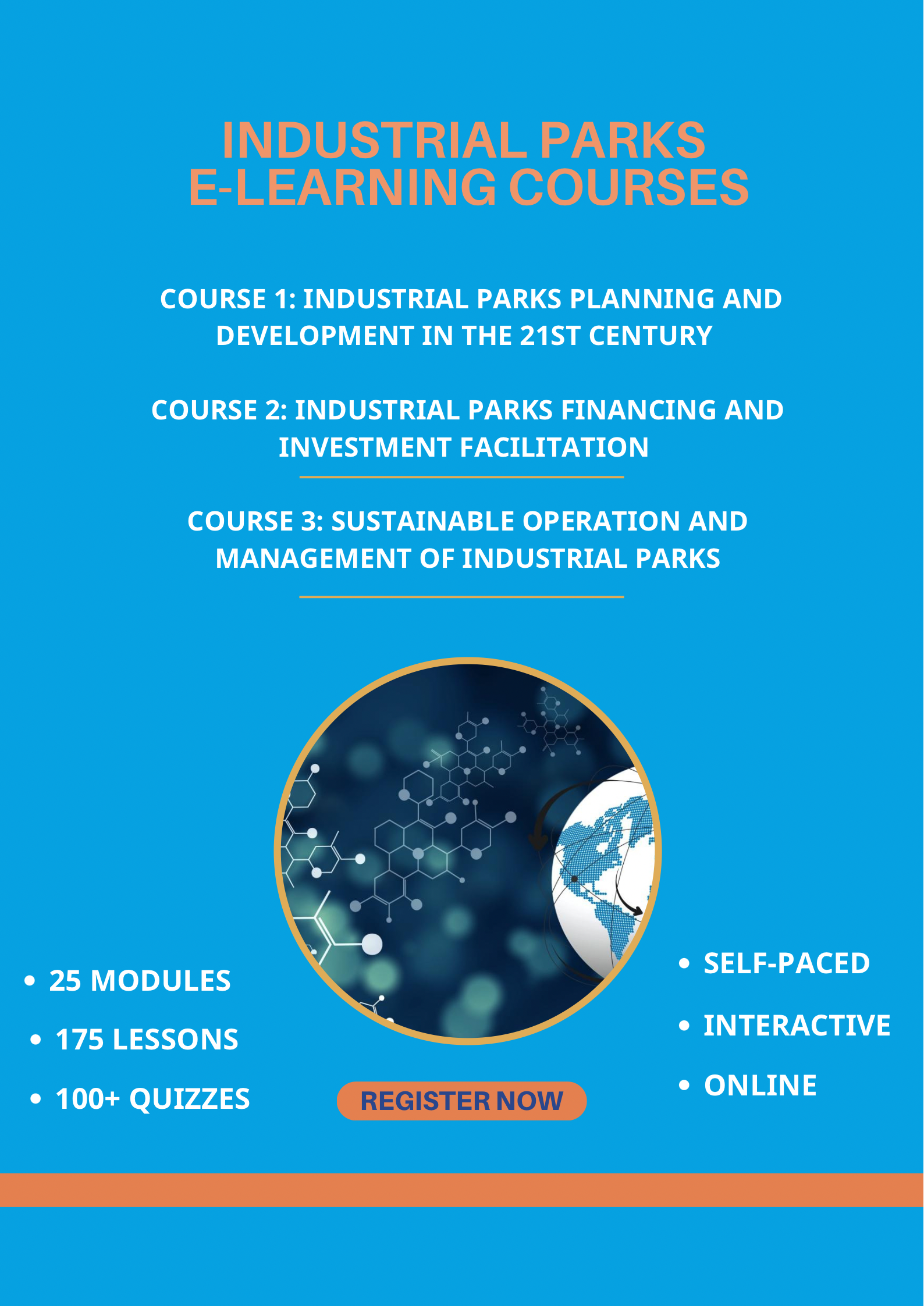P Publication
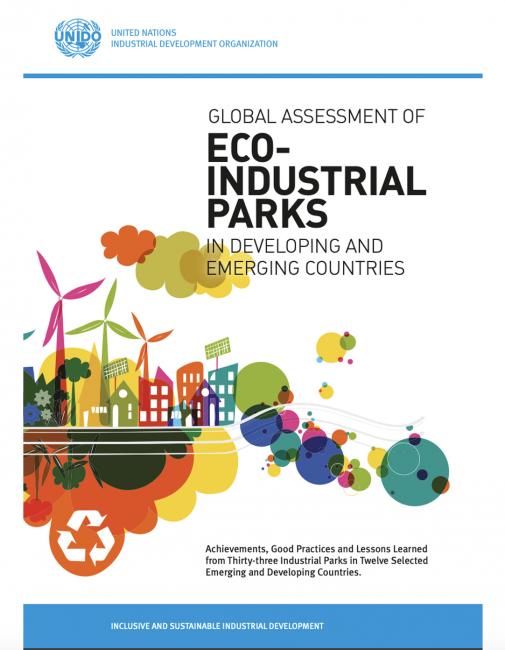
Downloads
Global Assessment of Eco-Industrial Parks in Developing and Emerging Countries
This global comparative assessment, carried out in twelve countries, is undertaken by the United Nations Industrial Development Organization (UNIDO) within the framework of its joint global Resource Efficient and Cleaner Production (RECP) program with the United Nations Environment Programme (UNEP). The programme is aimed at scaling-up and mainstreaming the application of RECP policies, practices and techniques with the underlying objective to improve resource productivity and environmental performance of industries, in particular small and medium enterprises (SMEs).
Industrial Parks (IP) in emerging and developing countries provide an institutional framework, modern services and a physical and often social infrastructure, which might not be available in the rest of the country. The concentration of companies can foster innovation, technological learning and company growth. Economies of scale of the supply of services and facilities reduce the costs for companies, thus successful IPs contribute to high growth regions and national economic development. However the economic gains often come at a loss of environmental quality within and around industrial estates. Environmental issues have often not been fully considered and integrated into the planning and construction of IPs (UNEP/SEPA, 2001). For example in China, problems have arisen due to the rapid growth of IPs, despite regulations and awareness of environmental management (UNEP/SEPA, 2002). Important environmental issues include water, waste water and waste management, in addition to air emissions, odour and noise. In this regard, water shortages are becoming increasingly serious presenting a possible threat to the development of IPs and water security in general. Similarly with growing production and consumption there is an increase in waste, which needs to be handled properly
Suggested publications
Contact us
UNIDO cross-disciplinary team on industrial parks (CDTIP)
Vienna International Centre
sipp@unido.org


